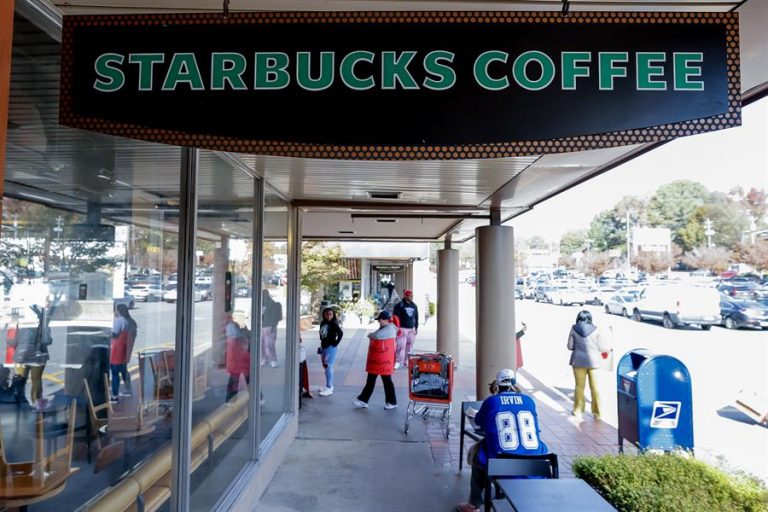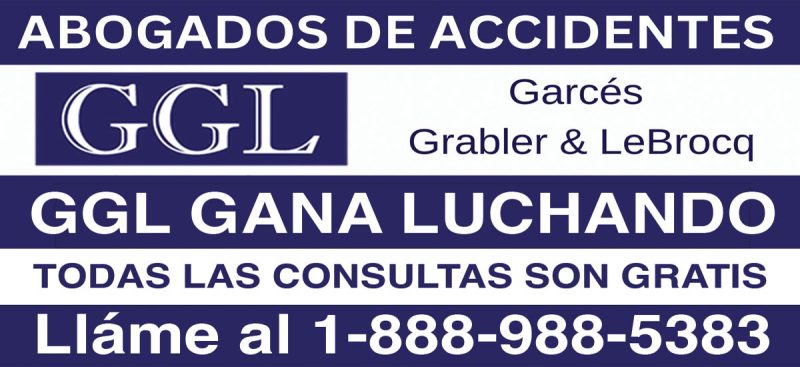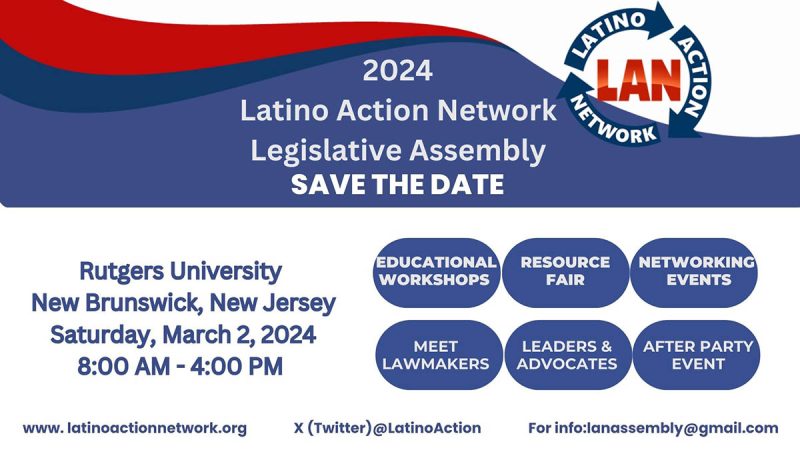
Starbucks sued for False Advertising
Washington, Jan 10 (EFE).-
The American multinational coffee shop Starbucks was sued on Wednesday by a consumer advocacy group for false advertising, as it claims commitment to ethical sourcing while, allegedly, sourcing coffee and tea from plantations where labor abuses and human rights have been registered.
The false advertising lawsuit was filed in a Washington DC court by the National Consumers League on behalf of American consumers.
“On every bag of coffee and box of K-cups Starbucks sells, Starbucks touts its commitment to 100% ethical sourcing, but it’s pretty clear that there are significant human rights and labor abuses throughout Starbucks’ supply chain,” said Sally Greenberg, CEO of the National Consumers League.
The lawsuit against the world’s largest coffee brand cites reports of labor and human rights abuses on coffee and tea plantations in Guatemala, Kenya and Brazil, and alleges that Starbucks has continued to buy from these suppliers despite documented violations.
The Brazilian report, published by Repórter Brasil, goes so far as to mention cases of “modern slavery” on coffee farms inspected in the South American country.
In statements to EFE, a spokesperson for the company said via email they were “aware” of the lawsuit and that they would defend themselves. “We plan to defend ourselves against allegations that Starbucks misrepresented its commitment to ethical sourcing to customers.”

The statement added that the company “takes allegations like these very seriously” and “actively” works with plantations “to ensure they meet standards.”
“Every supply chain must be periodically re-verified, and we remain committed to working with our trading partners to meet the expectations outlined in our Global Declaration on Human Rights,” the company said.
However, the investigation published by Repórter Brazil mentions that “the certifier, the model is fragile and not very transparent,” according to the head of the Coordination of Rural Workers of the State of Minas Gerais (ADERE), Jorge Ferreira Dos Santos Filho.
“Every year we show cases of certified farms with unregistered workers who are not paid their vacations or benefits,” he added.
The lawsuit, Greenberg said, seeks to prevent Starbucks from making advertising claims such as “committed to sourcing 100% ethical coffee” unless the company improves labor practices in its supply chain.

Starbucks uses third-party certification programs to ensure the integrity of its tea, cocoa and coffee supply chains, although the National Consumers League and other organizations have questioned its effectiveness.
Starbucks is not the only major corporation to be linked to questionable practices in supply chains; reports in Brazil and Kenya have also mentioned others such as Unilever, Nestlé and McDonald’s, among others. EFE
pem/mcd/dgp


